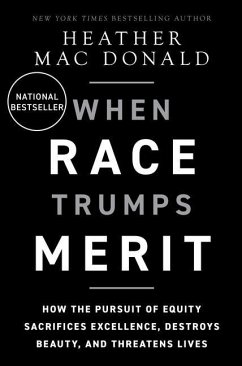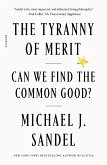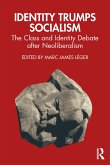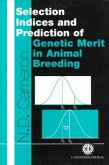"Does your workplace have too few black people in top jobs? It's racist. Does the advanced math and science high school in your city have too many Asians? It's racist. Does your local museum employ too many white women? It's racist, too. After the Black Lives Matter protests of 2020, prestigious American institutions, from the medical profession to the fine arts, pleaded guilty to "systemic racism." How else explain why blacks are overrepresented in prisons and underrepresented in C-suites and faculty lounges, their leaders asked? The official answer for those disparities is "disparate impact," a once obscure legal theory that is now transforming our world. Any traditional standard of behavior or achievement that impedes exact racial proportionality in any enterprise is now presumed racist. Medical school admissions tests, expectations of scientific accomplishment in the award of research grants, the enforcement of the criminal law--all are under assault, because they have a "disparate impact" on underrepresented minorities. When Race Trumps Merit provides an alternative explanation for those racial disparities. It is large academic skills gaps that cause the lack of proportional representation in our most meritocratic organizations and large differences in criminal offending that account for the racially disproportionate prison population."--
Hinweis: Dieser Artikel kann nur an eine deutsche Lieferadresse ausgeliefert werden.
Hinweis: Dieser Artikel kann nur an eine deutsche Lieferadresse ausgeliefert werden.








